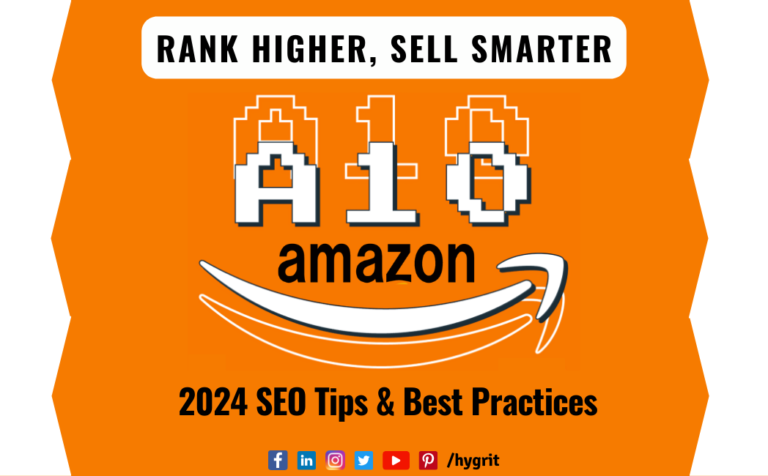In the dynamic landscape of e-commerce, choosing the right business model can significantly impact your success. Here is a comprehensive guide to the five best ecommerce business models, each with its own set of advantages, disadvantages, and ideal marketplaces.
1. Wholesale
Advantages:
- Bulk Discounts: Access to products at lower costs due to purchasing in large quantities.
- Established Relationships: Building strong partnerships with suppliers for long-term collaboration.
Disadvantages:
- Large Capital Required: Significant upfront investment to buy inventory in bulk.
- Storage Challenges: Need for ample storage space for inventory.
Ideal Marketplace: B2B platforms like Alibaba, ThomasNet, or industry-specific wholesale marketplaces.
Best Regions: Effective for businesses with reliable and affordable suppliers in countries like China, India, and the United States.
2. Dropshipping
Advantages:
- Low Initial Investment: No need to purchase inventory upfront.
- Flexibility: Easily test and add new products without financial risk.
Disadvantages:
- Thin Profit Margins: Lower profits due to the reliance on supplier pricing.
- Quality Control: Limited control over product quality and shipping times.
Ideal Marketplace: E-commerce giants like Shopify, WooCommerce, or specialized dropshipping platforms like Oberlo.
Best Regions: Suitable for businesses targeting international markets, especially China for product sourcing.
3. Private Label
Advantages:
- Brand Control: Build your brand identity with custom-branded products.
- Higher Profit Margins: Potential for increased profits compared to dropshipping.
Disadvantages:
- Upfront Costs: Initial investment in product development, branding, and inventory.
- Market Competition: Requires effective marketing to stand out in a crowded market.
Ideal Marketplace: Amazon, eBay, or setting up an independent e-commerce store.
Best Regions: Effective in regions with a robust manufacturing ecosystem, such as China, the U.S., and Europe.
4. Affiliate Marketing
Advantages:
- Low Risk: No need to handle inventory or customer service.
- Passive Income: Earn through commissions on sales without direct involvement.
Disadvantages:
- Dependency on Programs: Relying on the stability and policies of affiliate programs.
- Limited Control: No control over product pricing or changes in affiliate programs.
Ideal Marketplace: Platforms like Amazon Associates, ClickBank, or specialized affiliate networks.
Best Regions: Suitable for global reach, particularly regions with high online purchasing trends.
5. Online Arbitrage
Advantages:
- Low Initial Investment: Requires minimal upfront capital for purchasing discounted products.
- Diverse Product Range: Opportunity to sell a wide variety of products.
Disadvantages:
- Limited Scalability: Challenges in scaling due to dependence on discounted products.
- Market Competition: Constantly changing market conditions and competition.
Ideal Marketplace: Amazon, eBay, or platforms with a broad product range.
Best Regions: Effective in regions with a vibrant retail landscape and opportunities for discounted products.
In conclusion, the key to success lies in aligning your business model with your goals, resources, and target market. Whether you are diving into the vast ocean of dropshipping or establishing a private label empire, understanding the nuances of each model will guide you toward making informed and strategic decisions in your e-commerce journey.
If you are feeling overwhelmed or confused by the options, don’t worry. Hygrit is here to help you. Hygrit offers e-commerce solutions for businesses of all sizes and industries. Whether you want to start a wholesale, dropshipping, private label, affiliate marketing, or online arbitrage business, Hygrit can help you set it up, manage it, and grow it.




